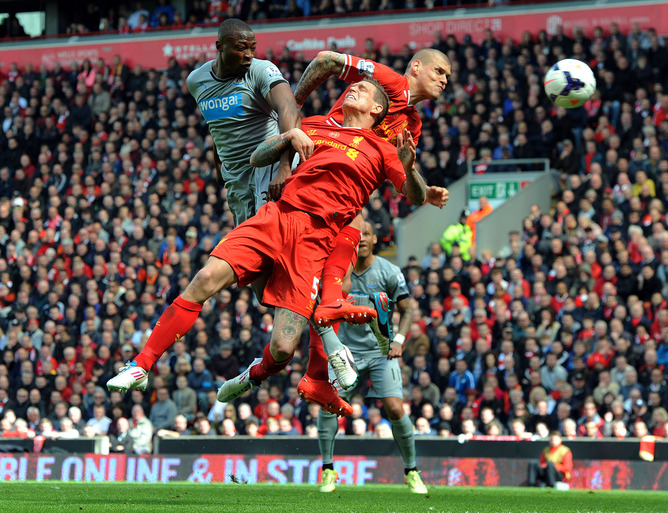
July 3, 2016, by Graham Kendall
When Sports Rules Go Awry: How TheConversation led to a collaborative paper
Whilst looking through Conversation articles I came across an article entitled “When scoring an own-goal is the only way to win” by Liam Lenten.
By coincidence, I had just read another article about an analysis of sporting rules from the perspecive of Operations Research, written by a good friend of mine – Mike Wright from Lancaster.
The two articles had some similaraties and, after reading Mike Wright’s article I was already planning to write a follow up. Reading Liam’s Conversation article I posted some comments and he was kind enough to respond.
One thing led to another and we agreed to write a paper together.
I am pleased to report that this article (“When Sports Rules Go Awry“) has just been accepted in the European Journal of Operational Research.
The abstract of the paper reads:
“Mike Wright (Wright, M. OR analysis of sporting rules – A survey. European Journal of Operational Research, 232(1):1–8, 2014) recently presented a survey of sporting rules from an Operational Research (OR) perspective. He surveyed 21 sports, which consider the rules of sports and tournaments and whether changes have led to unintended consequences. The paper concludes: “Overall, it would seem that this is just a taster and there may be plenty more such studies to come”. In this paper we present one such study.
This is an interdisciplinary paper, which cuts across economics, sport and operational research (OR). We recognize that the paper could have been published in any of these disciplines but for the sake of continuity with the paper that motivated this study, we wanted to publish this paper in an OR journal. We look at specific examples where the rules of sports have led to unforeseen and/or unwanted consequences. We hope that the paper will be especially useful to sports administrators, helping them to review what has not previously worked and also encouraging them to engage with the scientific community when considering making changes.
We believe that this is the first time that such a comprehensive review of sporting rules, which have led to unexpected consequences, has been published in the scientific literature.”
When Sports Rules Go Awry is really a review of where sporting rules have been introduced by sports administrators, but which have led to unintended consequences. For example, when it is sensible to score an own goal. The paper has several tanking (the act of deliberately dropping points or losing a game in order to gain some other advantage) examples.
We hope that the paper will be of interest to anybody who likes sports, as well as sports administrators.
It is pleasing to note that TheConversation was instrumental in making this paper happen. If it were not for them, I would have been unaware of Liam’s work. The paper may have still be written (either by Liam or me) but it would not have been as good as the paper that has now been accepted.
If you are interested, you can see my Conversation articles here and Liams articles are here.
No comments yet, fill out a comment to be the first

Leave a Reply